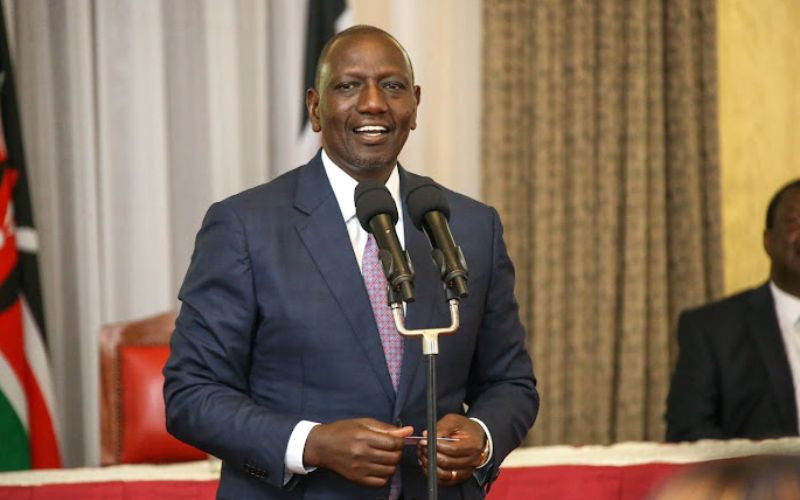×
The Standard e-Paper
Smart Minds Choose Us

President William Ruto flagged off more than 20,000 oxygen cylinders, to serve at least 320 medical facilities in all 47 counties.
This aims to boost oxygen supplies in hospitals across the country.